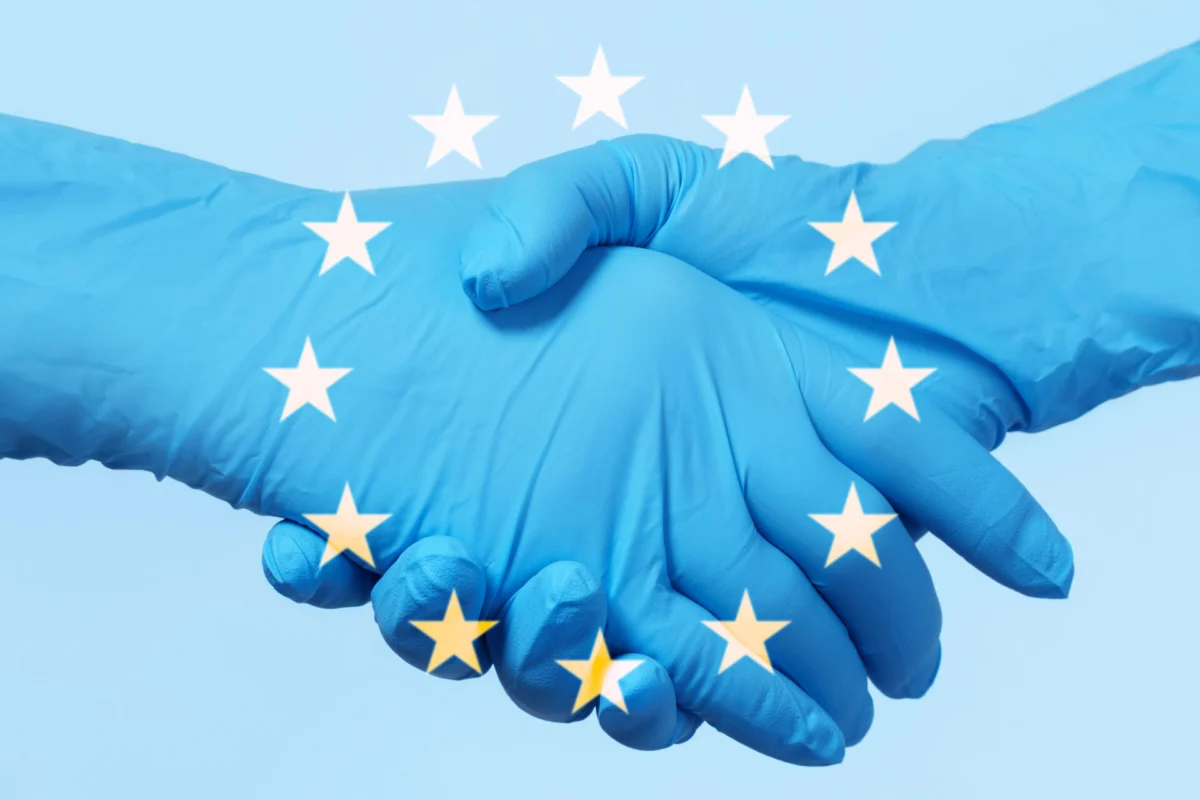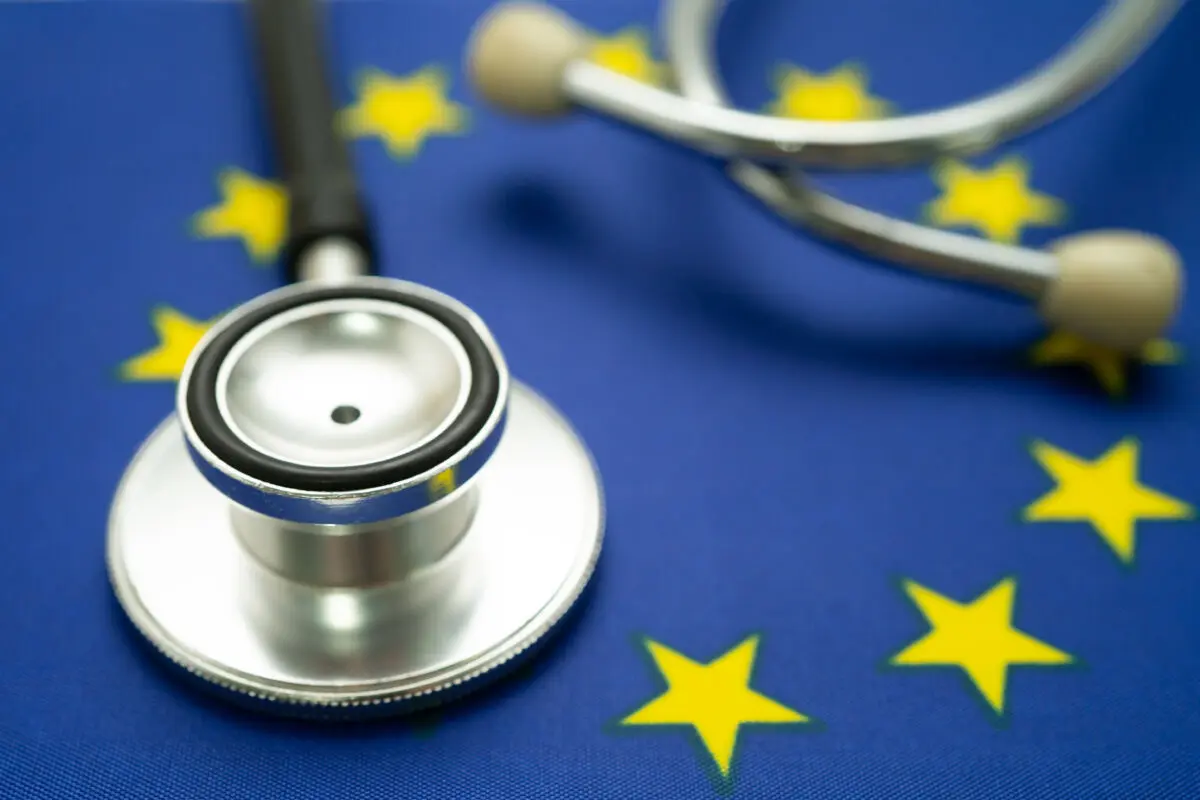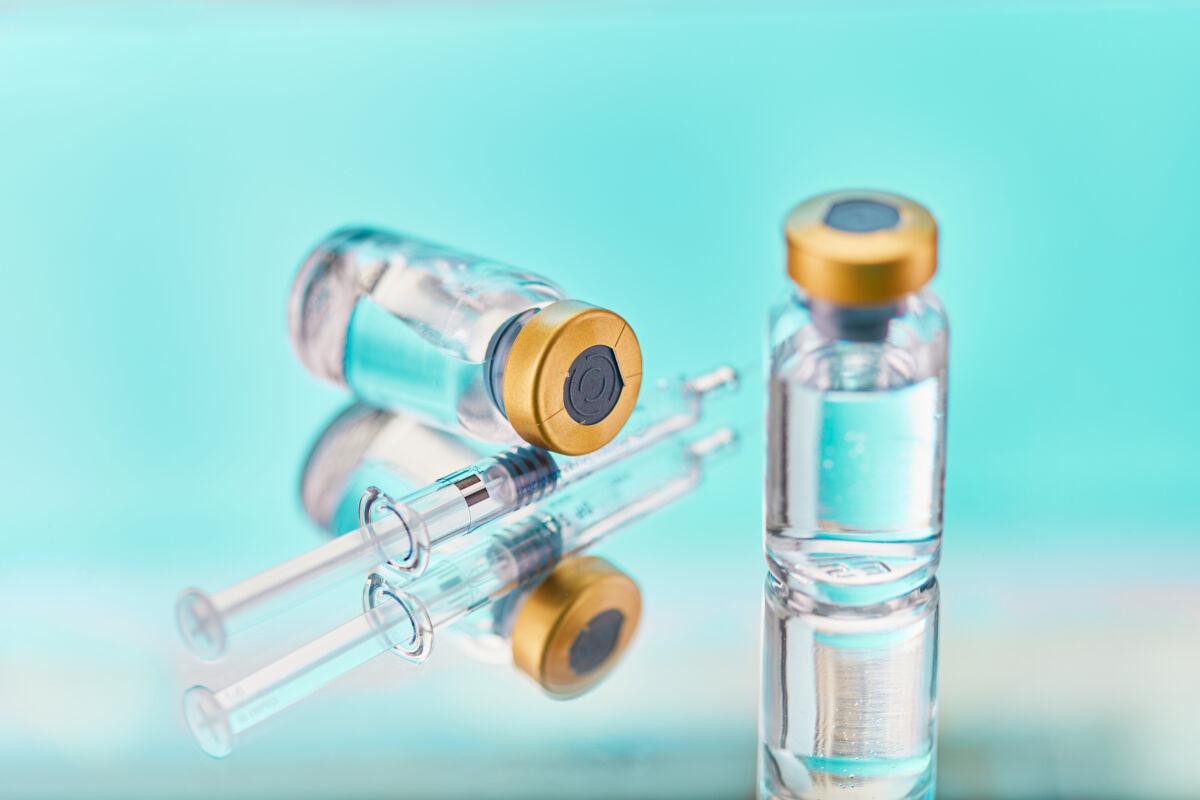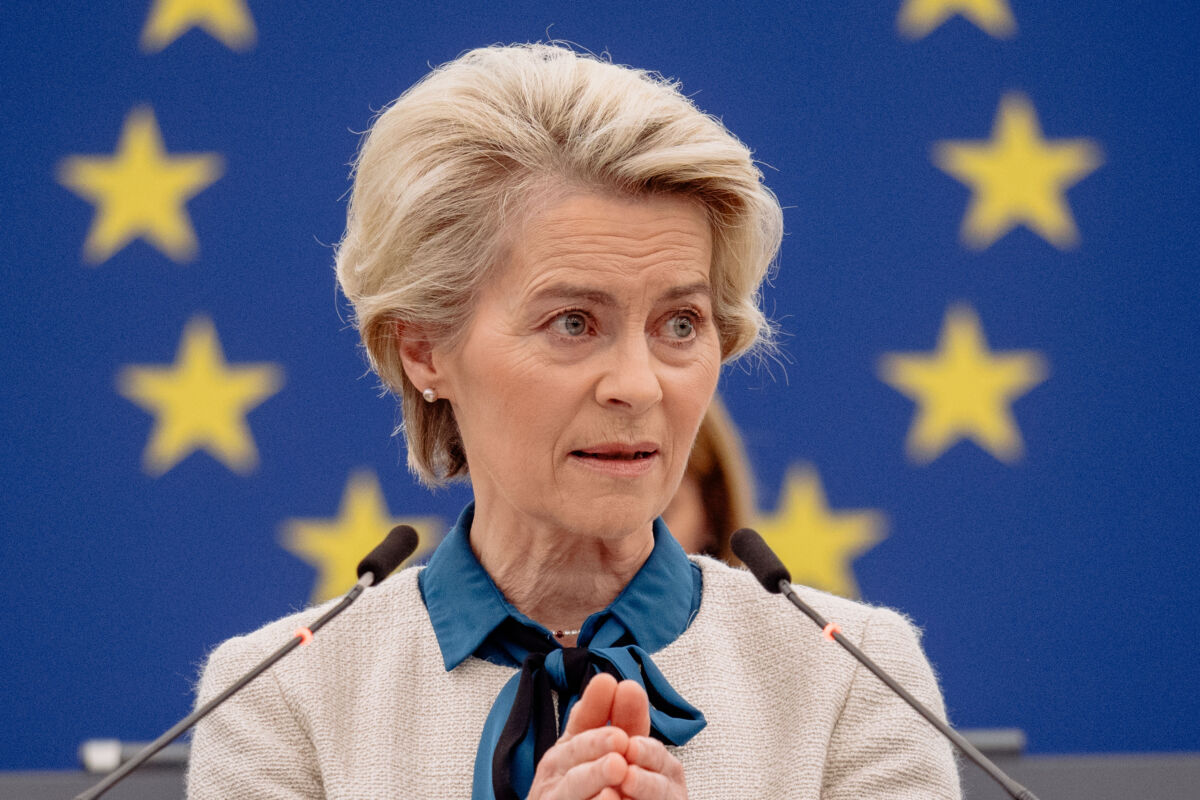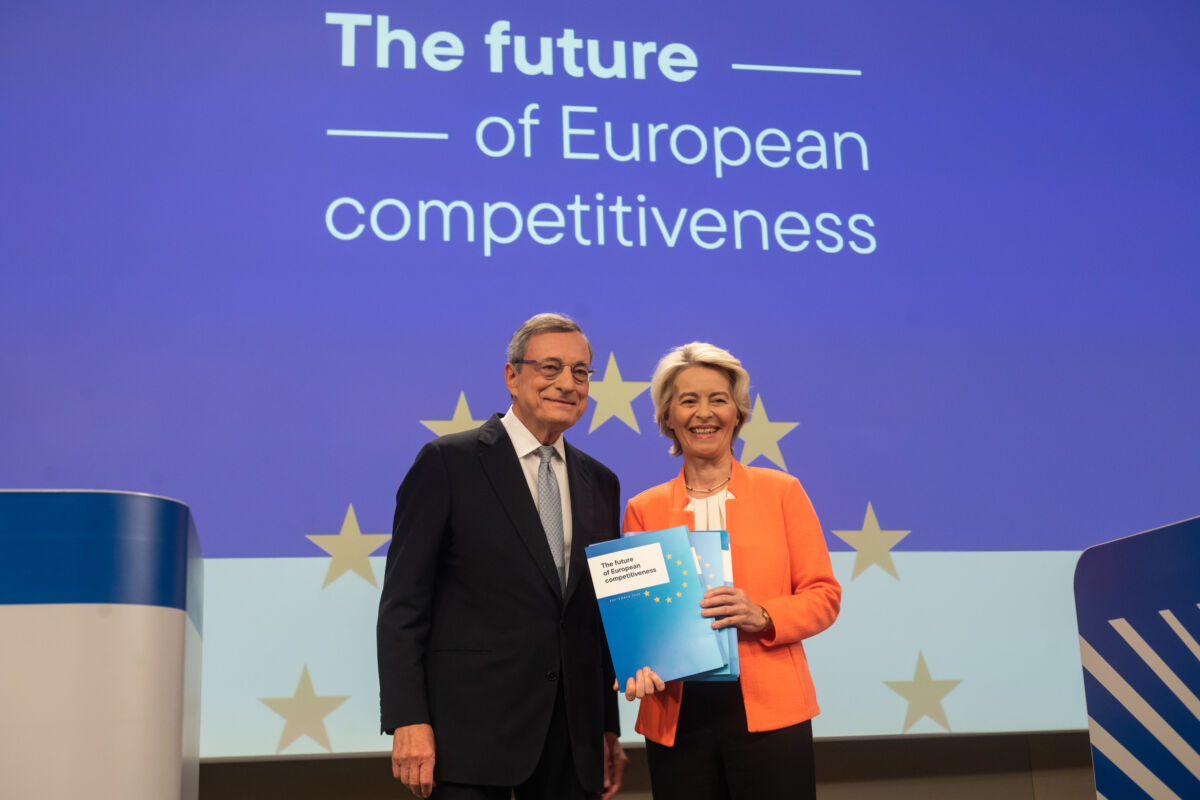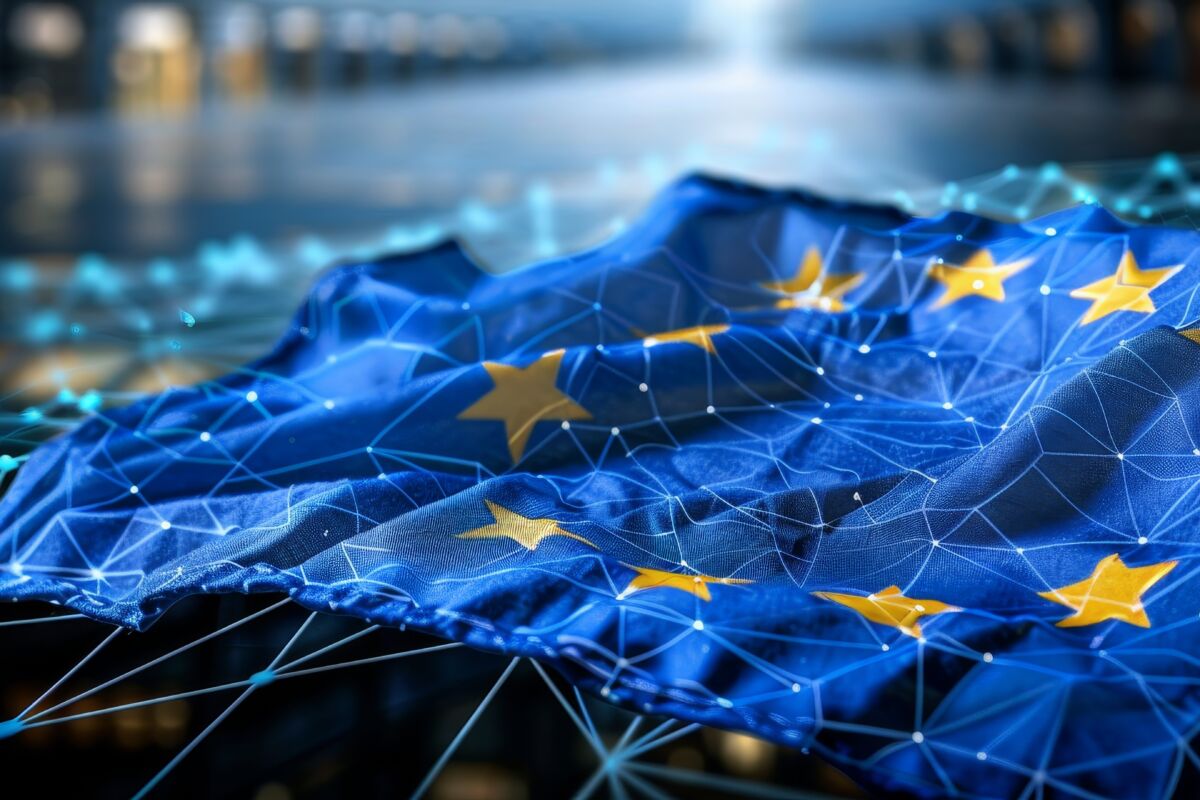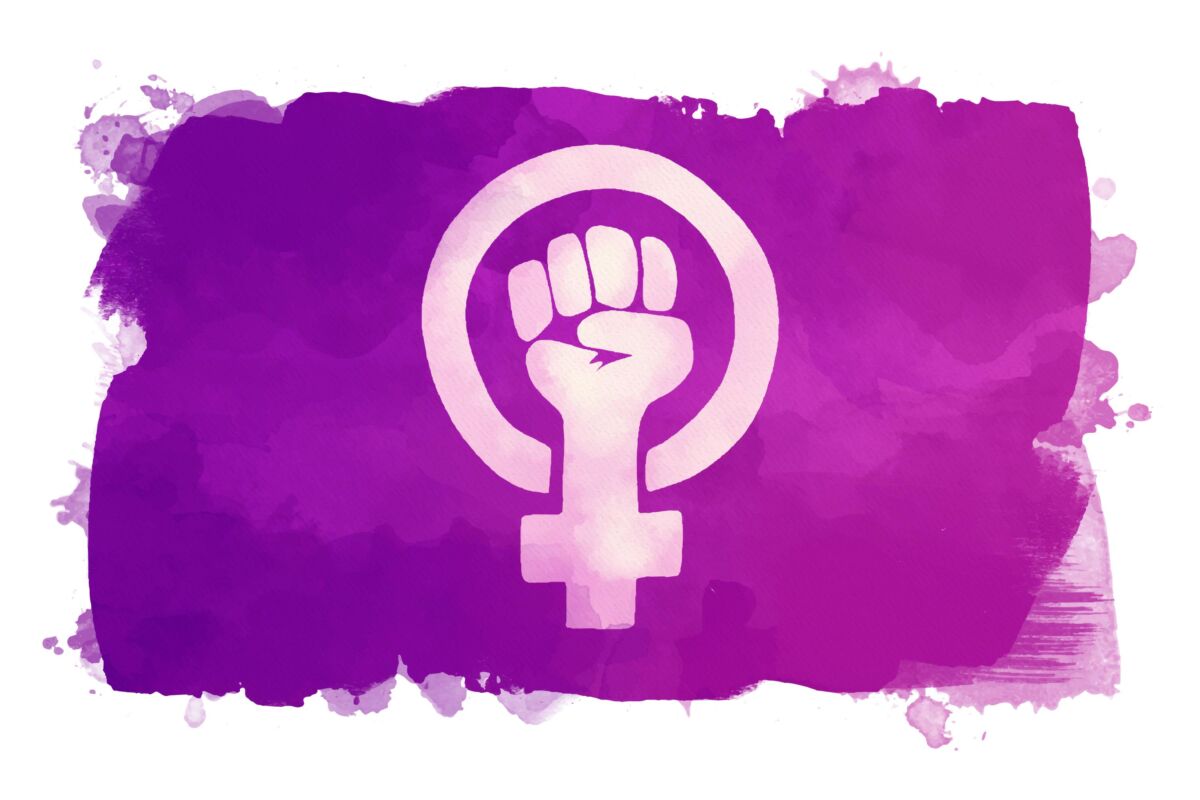Five years on, Covid-19 taught us the hard way, that health crises can turn our lives upside down overnight – forcing lockdowns, halting even the world’s strongest economies but, most importantly, killing millions. The pandemic exposed the weaknesses of the most advanced healthcare systems – including the EU’s – and demonstrated that unilateral actions are a losing strategy when it comes to tackling cross-border health threats. It became clear that preparedness and prompt, coordinated responses are the crucial ingredients in a successful approach.
This is even truer since Covid-19 is unlikely to be an isolated event. Future pandemics are inevitable due to climate change, deforestation and the loss of biodiversity. With governments around the world scaling back their commitment to both environmental policies and health preparedness, we’re already starting off on the wrong foot in terms of prevention – when actually this could be a great opportunity for the EU to take the initiative and show some global leadership.
The importance of having HERA
Recognising the need for a specialised body to be better prepared for future health crises, in 2021 the EU established the Health Emergency Preparedness and Response Authority (HERA). HERA was created as one of the European Commission’s internal services and it’s responsible for prevention, preparedness, surveillance, risk assessment, early warning and emergency response in the context of health crises.
In ‘peacetime’, HERA monitors potential health threats, funds research and ensures the stockpiling of relevant medical equipment, devices and drugs (known as ‘medical countermeasures’). During times of crisis, HERA would shift into its emergency mode – coordinating the response, securing and distributing medical supplies, and mobilising funding for emergency response mechanisms.
Beyond the EU’s borders, HERA also plays a key role in strengthening global health security through international cooperation, including partnerships with the WHO.
Yet just a few years after struggling to respond to a global pandemic, the EU risks weakening its own health preparedness and response system. Three years after HERA’s creation, the new Commission mandate transferred its oversight from the Health Commissioner to the Commissioner for Equality, Preparedness, and Crisis Management.
This change was then followed by the EU’s proposal to merge HERA with the Directorate-General for European Civil Protection and Humanitarian Aid Operations (DG ECHO), which risks diluting its specialised focus on health emergencies. Several EU countries have raised concerns about the proposed merger, and rightly so. Downgrading HERA could (and probably would) lower the EU’s ability to be prepared for – and efficiently respond to – health crises.
At a time when the US is withdrawing from the WHO, the last thing the EU should be doing is reinforcing the idea that deprioritising health security is acceptable. Now more than ever this would be the wrong move at the wrong time, and would totally send the wrong signal, to its own citizens and the world.
An opportunity to seize
As it strengthens its defence framework, the EU should also prioritise health preparedness, which is just another element in the broader objective of strengthening the EU’s overall security, despite being less traditionally linked to it. Don’t forget, health crises have profound impacts on other crucial areas, such as economic stability, social cohesion and citizens’ overall wellbeing – just as other security threats do.
That’s why the EU should also seize this moment to reaffirm its leadership in this domain, both within its borders and globally. Weakening HERA could erase years of progress and leave Europe more vulnerable when (not if) the next crisis hits.
This means, first, maintaining HERA as a distinct, well-resourced entity with a clear mandate. This would allow for critical activities to continue, such as early warning and detection, and advancing research and innovation.
Beyond safeguarding the health security of its citizens, strengthening HERA would also align with the EU’s ambitions of achieving strategic autonomy in health – one of the key policy areas identified in its broader plan to strengthen its capacity to act autonomously. The pandemic exposed the EU’s reliance on external supply chains for critical goods, including medical countermeasures. Boosting the EU’s strategic autonomy in the production of countermeasures is one of HERA’s objectives, as outlined in its latest available Work Plan. Downgrading HERA could set back the EU’s ongoing drive of achieving resilience and independence.
Of course, one of HERA’s core objective is to achieve global health security, which it pursues by strengthening the EU’s global health leadership, with its international focus expanding and its enhanced commitment to forging global partnerships. While HERA has taken proactive steps in global preparedness, it should also take on a greater role in global governance. However, to sustain and expand these efforts, HERA must retain both its autonomy and be granted sufficient financial resources.
Thus, keeping it as a fully separate entity is essential to maintaining its independence and the focus needed to effectively drive these global initiatives.
Stepping up its leadership
It’s crucial that the EU engages in international, multi-stakeholder partnerships, as Covid highlighted how vital it is to coordinate international efforts during global health emergencies. Expanding these partnerships – and Global Gateway could also be a good way to do this – would allow the EU to shape global health policies, drive innovation and ensure equitable access to medical countermeasures worldwide.
As the WHO’s largest contributor has decided to walk away, this could be a golden opportunity for the EU – that’s why it should focus on building its own capacity and strengthening HERA, rather than merging it with DG ECHO. Doing so would not only enhance its preparedness for future crises but it would also increase its credibility as a serious geopolitical actor in this domain, during a deeply uncertain time when it should be cultivating as much credibility as it possibly can.
By stepping up its leadership in global health governance as the US retreats, the EU could fill the gap, rather than leaving it open (and possibly making it wider). Both a weaker WHO and EU health preparedness and response system would not only leave Europe and the world more vulnerable but also leave space for other global actors to fill the void, potentially shaping policies in ways that wouldn’t align with European values.
That’s why strengthening HERA isn’t just an investment in Europe’s preparedness for the next health crisis – in an increasingly unstable world, it’s a clear statement from the EU to take on more leadership and responsibility.
For the third year in a row, CEPS is marking International Women’s Day on 8 March with a special short series of Expert Commentaries to highlight the insights and expertise of some of our most talented female researchers.









